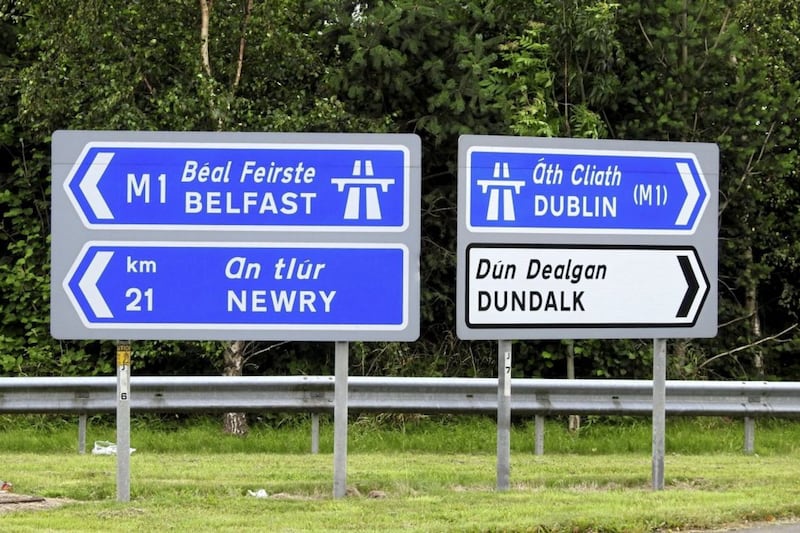AS someone who lives in Donegal and works in Derry, crossing the border is simply a fact of life. Ireland has 25,000 cross-border workers, each of whom would scarcely think twice about passing between our two jurisdictions. The border is invisible, and as shown during Brexit and the Good Friday Agreement, local communities are determined for it to stay that way.
With two Governments, though, comes two ways of doing things. The most obvious examples are currency, corporation tax, and more recently, Covid-19.
New initiatives like the Irish Government’s Shared Island Unit and the Dublin-Belfast Economic Corridor have attempted to promote all-island harmonization to reconcile these differences. And yet, while policies can vary for several reasons, there is one thing the Executive and Irish Government can agree on: the future of remote working.
Tánaiste Leo Varadkar has recently said that remote work should become a “permanent fixture of Irish working life”, and through implementation of his National Remote Work Strategy, employees are set to have a right to request remote work.
In the north, Stormont finance minister Conor Murphy’s ‘Connect2’ remote working hubs are also set to open in the likes of Derry, Newry and beyond.
These policies, however, offer little to cross border workers living in the Republic of Ireland and working in the north. For us, restrictive Irish personal tax rules mean that if we work-from-home at all, a ‘double tax’ can be imposed on our income. While suspended for the pandemic, the re-introduction of these rules in January 2022 will cause significant disruption to cross-border workers’ lives, and for me, could result in moving elsewhere.
Businesses across the north rely on a cross-border workforce. As many as 75 per cent of border businesses employ staff from the opposite jurisdiction. Companies who rely on access to the talent pool from both sides of the border, though, will not be able to offer remote work to their RoI colleagues.
For this reason, job advertisements now include statements like “Remote working optional (For UK Residents Only)” as businesses restrict their hiring to one side of the island.
Stipulations like these are not only frightening, but they are also dangerous. Without a permanent change, we may see large, international companies turn away from investing here.
Employers across the north may be unable to attract and retain the best talent and will be unable to grant their current cross-border employees the flexible working practises we have all become accustomed to. This simply does not work for local businesses.
We live in an era of change, and as we adjust to the post-pandemic world, the Irish government must not forget the challenges faced by businesses which keep our economy moving. Behind each cross-border worker, is a business, an employer, a network of individuals who as a collective, are the foundation of the all-island economy.
Now is the time for the Irish finance minister to act and solve this issue once-and-for all. The border may be invisible, but the concerns of cross-border workers, families, and businesses, are clear to see.
:: Conor Dowds is co-chair of the Cross Border Workers Coalition









